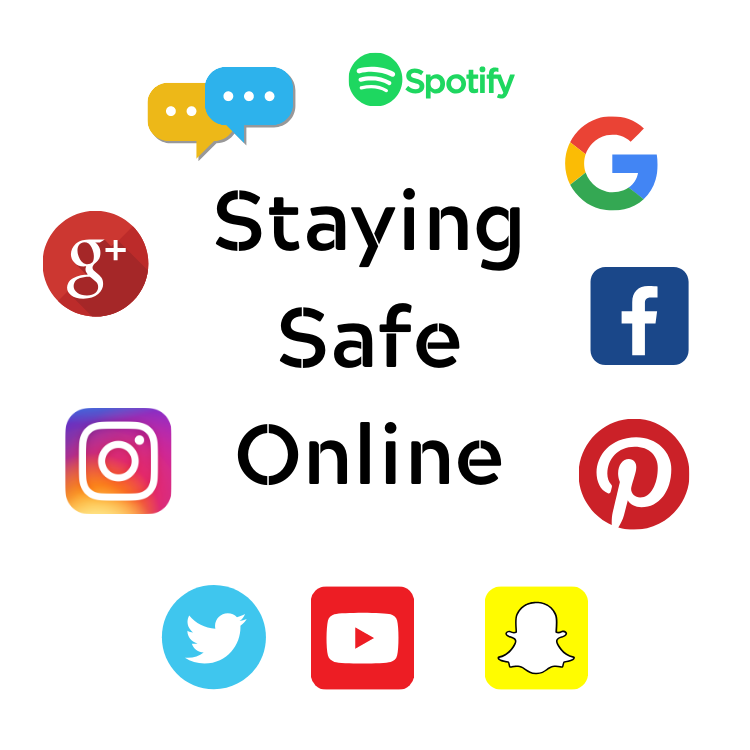
At St Joseph’s Catholic Academy, we aim to prepare our children for a future in a world which is shaped by technology. The online world provides many opportunities; however, it also present risks and challenges. We have a duty to ensure that all children and adults in our school are protected from potential harm online, whether or not they are using St. Joseph’s network and devices.
The DSL (Mrs Dowson) is the e-safety lead at St. Joseph’s. All staff are responsible for monitoring Online Safety in school. If you have any concerns about online safety please contact any member of staff.
Working in partnership with children, their parents, carers and other agencies, is essential in promoting children’s welfare, and in helping young people to be responsible in their approach to online safety. All our pupils have agreed to our Online Safety Agreement for Pupils.
Below you will find a range of useful Parent Guides to help you keep your child safe while online.
As parents you can help by:
- having open discussions about your expectations and how to stay safe online
- together make a set of rules for using the internet, ensure children understand the dangers
- closely monitoring the sites your children are accessing
- the computer/tablet must be in a family room so you can see what’s going on
- if your child accidentally goes to an unsuitable website they should tell you – you can delete it from the ‘history’ folder and add the address to the parental control filter list
- limiting the amount of time your allow your child to spend online or using gaming devices
- discouraging the use of social network sites such as Facebook, Instagram and Snapchat – however, if your child does use social media remind them to only communicate with friends and family (people they know and trust in the real world), and also to ensure that their privacy settings are set high and to make them aware of how to report an incident if they feel uncomfortable.
- ensuring they do not give out any personal details to people they meet online including on games consoles such as Xbox and PS3.
- take notice of PEGI ratings – age rating is there for a reason and could mean that your child is being exposed to inappropriate materials if you do not abide by them.
- check your child’s devices daily to see what they have accessed and who they have connected with
Digital Safety for Children
It’s important your child realises that people online might not be who they say they are and could be dangerous. They should also be aware that any personal information they give out can be used in financial scams or for bullying.
To keep your child safe you should tell them not to:
- give out personal information to people they only know online – this includes name, home address, landline and mobile numbers, bank details, PIN numbers and passwords
- supply details for registration without asking for permission and help from you
- visit chat websites that aren’t fully moderated/supervised
- arrange to meet an online friend in person without your knowledge and permission
- give any indication of their age or sex in a personal email address or screen name
- keep anything that worries or upsets them online secret from you
- respond to unwanted emails or other messages
Child-friendly search engines
You should make sure your child is aware of child-friendly search engines. These filter out inappropriate internet sites so that they are able to search the internet safely. Your child can also use traditional search engines with safe search settings turned on.
Useful Links
- Keeping Children Safe Online
- Child Exploitation and Online Protection
- ThinkuKnow
- Parents’ Guide
- Wake Up Wednesday
- Parent Info Site
- CEOP Site
- Think You Know Site
- Internet Matters
- NSPCC – Preventing Abuse, Keeping Children Safe
- NetAware by National Society for the Prevention of Cruelty to Children
- Disrespect Nobody
- UK Safer Internet Centre
- Educate Against Hate
- The use of social media for online radicalisation